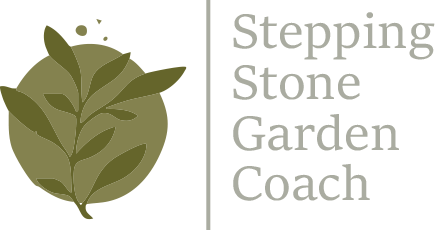When most people think of bees, they picture honeybees buzzing from bloom to bloom, but the truth is far more fascinating—and local. Florida is home to over 300 species of native bees, most of which are solitary and stingless. These unsung heroes are essential to the health of our ecosystems, gardens, and even our dinner plates. Without them, flowering plants—and the fruits and vegetables they produce—would struggle to survive.
Bees are nature’s most effective pollinators. As they forage for nectar, they carry pollen from one flower to another, enabling fertilization. This process is vital for the reproduction of about 75% of flowering plants and more than one-third of the food crops we rely on. In your own backyard, bees are responsible for pollinating tomatoes, peppers, cucumbers, squash, melons, and countless other favorites. Without bees, your garden would not only be less productive—it would be far less vibrant.
Florida’s native bee species come in many shapes and sizes, and they are remarkably diverse. Carpenter bees, often mistaken for bumblebees, are large and shiny, while tiny sweat bees gleam in shades of green and blue. Leafcutter bees snip small circles from leaves to build their nests, and mining bees create tunnels in the ground. Unlike honeybees, these natives don’t live in hives or make honey, but they are incredibly efficient at pollinating native and cultivated plants alike. Many are active for just a few weeks a year, but their impact is lasting.
If you want to attract and support these important pollinators, there are a few simple ways to make your garden more bee-friendly. First, plant a variety of native flowering plants that bloom across seasons—early spring through late fall—to provide a steady food source. Choose single-petal flowers in a variety of shapes and colors to attract different types of bees. Second, skip the pesticides—even organic sprays can harm bees. If pest control is necessary, apply treatments in the evening when bees are less active. Third, provide nesting spaces. Many native bees nest in the ground or in hollow stems, so leave a few small patches of bare soil, avoid heavy mulch everywhere, and consider adding a bee hotel in a sunny, dry spot. Lastly, offer a water source like a shallow dish with pebbles or floating corks where bees can safely land and drink.
By creating a welcoming space for bees in your garden, you’re not only helping pollinators—you’re improving the health and productivity of your own plants. On this World Bee Day, take a moment to appreciate the humble bee and the outsized role it plays in our gardens and our world. A garden that hums with life is a garden in balance—and the bees are at the heart of it all.

